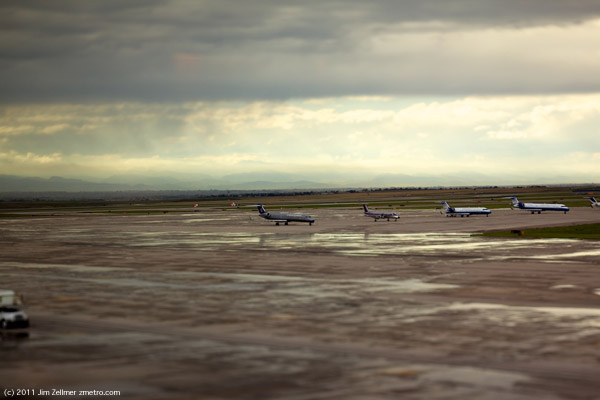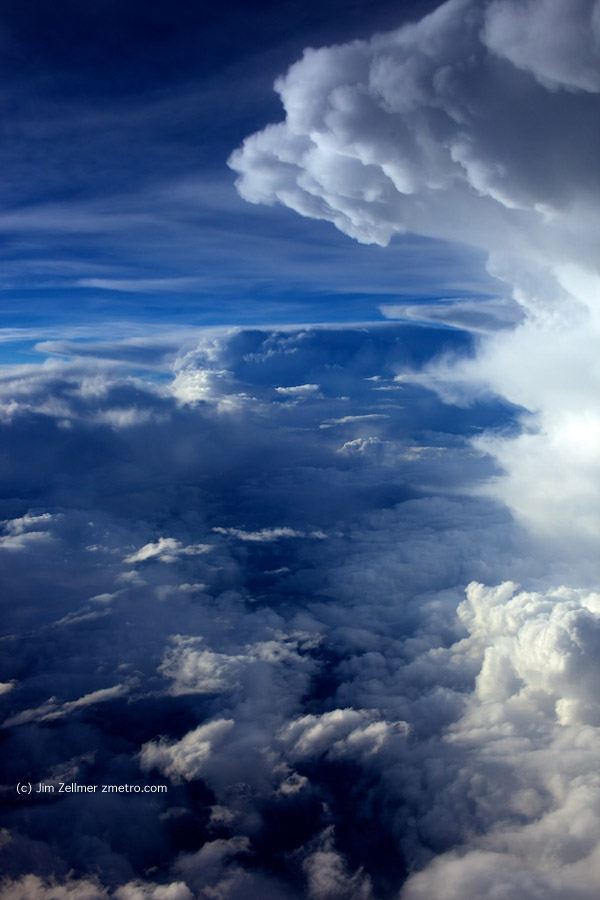Maynard Hill, a pioneer in unmanned and model aircraft who sent an 11-pound airplane across the Atlantic in 2003, died June 7 at his home in Silver Spring, Md., The Washington Post has reported. He was 85.
Hill, a member of the Academy of Model Aeronautics (AMA) Hall of Fame and former president of the academy, earned 25 world records for speed, distance, and altitude over a long career of modeling. He led a team that flew a balsa-wood model airplane carrying 5.5 pounds of Coleman lantern fuel from Newfoundland to Ireland, a distance of 1,882 statute miles, on Aug. 11, 2003.
Category: Travel
Ostaria Antico Dolo
Being the Last Tourist in Syria
Is this your first visit to Syria, the passport-control man asks me. No, I tell him, I came here once before over a decade ago. He stamps my passport. I had been very lucky to get a Syrian visa this time. The travel advice was not to visit. The Syrian regime is very wary of foreigners, fearing that journalists and spies are inflaming the situation further. I collect my bag and walk through customs, passing a poster, of modest size, of President Bashar al-Assad with the words in Arabic proclaiming: “Leader of the youth, hope of the youth.”
I jump in a taxi. I ask the driver how are things in Syria. Things are fine, he assures me. There has been some trouble around the country, but things are OK in Damascus. As we drive, we chat. He points out the area where Druze live. With his hand, he waves in another direction to where Palestinian refugees live, and then again to where Iraqi refugees live. Alawites are over there and in villages. Christians this way and in villages. Sunnis are around 65 percent of the population. Kurds live in the north. Many different peoples live in Syria. I ask him how he knows who someone is or whether they are Sunni or Shiite. He tells me that he does not know and it does not interest him to know: There is no sectarianism here in Syria. We pass Damascus University. Outside there are lots of flags and pictures of Assad and his deceased father. Across the city, the Syrian flag is flying strong and photos of the president are omnipresent. As I ride through al-Umawiyeen Square, I see lots of young men and women gathering, holding Syrian flags. It is not a demonstration, a Syrian tells me; it is a celebration — a celebration of the regime. Later, I watch the event on television. It has made the international news. Tens of thousands of Syrians have come out to al-Umawiyeen Square to show their support for President Bashar al-Assad in a lively celebration that includes pop singers and fireworks.
Panorama: Penn Museum of Archaeology & Anthropology

Click or tap to view this handheld panoramic scene from the Penn Museum of Archaeology & Anthropology. Apologies for a few scene errors.
Denver Airport Storm Photos


Monday Evening Scene

The places in between
There are those who believe that technology has hijacked the whole of the visitable earth, snatched it away, miniaturised and simplified it, making travel so accessible on a flickering computer screen that there is no need to go anywhere except to your room. In a related way, the travel book is believed to have been not just diminished but made irrelevant by the same technology. Since we know everything – the information is easily dialled up – and the world has been so thoroughly winnowed by travellers, what is the use of a travel book? Where on earth would you go to remark each anxious toil, each eager strife, or watch the busy scenes of crowded life? Surely it has all been written.
This isn’t a new conjecture. In 1972, in a blasé magazine piece of postmodernism, entitled “Project for a Trip to China”, the American writer Susan Sontag sat in her New York apartment ruminating on China. Sontag was that singular pedant, a theorist of travel rather than a traveller. She concluded her piece: “Perhaps I will write the book about my trip to China before I go.”
To such complacent and lazy minds, here is a suggestion. Try Mecca. After prudently having himself circumcised, learning to speak fluent Arabic, dressing as an Afghan dervish and calling himself Mirza Abdullah, the British explorer Sir Richard Burton travelled to the holy city of Mecca, a deeply curious unbeliever among devout pilgrims. This was in 1853. He published his account of this trip in three volumes several years later, his Personal Narrative of a Pilgrimage to Al-Madinah and Meccah. The last non-Muslim to do this and to write about it was Arthur John Wavell, of the distinguished British military family. An army veteran, and farmer in Mombasa, Kenya, Wavell developed an interest in Islam. In order to know more, he disguised himself as a Swahili-speaking Zanzibari, made the pilgrimage and wrote about it in A Modern Pilgrim in Mecca (1912). Wavell took the trip in the winter of 1908-1909, more than a century ago. No unbeliever has done it since. Now there’s a challenge for a technology-smug couch potato who prates that the travel book is over. Of course, this daring trip is not easy. It is, perhaps, not a journey for a gap-year student wishing to make his or her mark as a travel writer but it is a book I would want to read.
A Wonderful Vietnamese Lunch

Delicious and $6.00. The bowl contained, from the bottom up: lettuce, cucumbers, rice noodles, carrots, nuts and grilled shrimp.
Lonely Planet’s Ambassador
Tony Wheeler, co-founder of Lonely Planet, sits in the lobby of an austere five-star hotel here. Soft-spoken and down-to-earth, the 64-year-old wears a gray dress shirt with dark-blue trousers. He has trimmed gray hair and silver glasses, but his amiable face still hints of the youthful, long-haired traveler featured in photos from the 1970s.
Mr. Wheeler doesn’t need to stay in budget hostels anymore. When traveling to big cities, he checks into luxury hotels. And why not? He founded Lonely Planet travel guides with his wife, Maureen, nearly four decades ago. Since its launch in 1973, Lonely Planet has sold more than 100 million guidebooks to far-off lands, from Antarctica to Zambia and everywhere in between. And this past February the Wheelers sold their remaining 25% stake in the company to BBC Worldwide for £42.1 million (about $69.5 million) after selling 75% in 2007 to the same buyer for £88.1 million. The Wheelers don’t have official roles in the company but will continue as de facto ambassadors for Lonely Planet.
The “Foundation That Southern Nevada is Built On”
